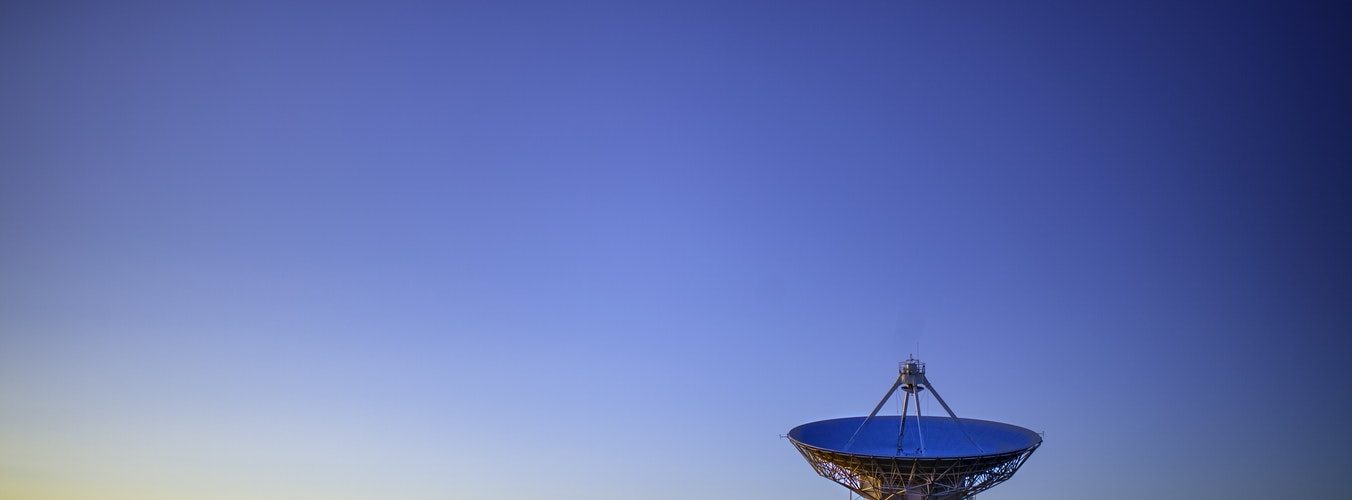An American artist, Trevor Paglen, has been using his art pieces to make people think about what the state is seemingly hiding from the masses’ view. He recently sent a giant inflatable mirror up into space as a non-functional satellite, held exhibitions which showcased uncommonly known happenings with grainy photographs of secret government buildings, and tapped cables that run underwater.
It sounded as though his work might be considered as spying or attempting to damage national security, but it has been given the go-ahead as nothing too harmful that warrants an arrest.
His purpose of making these artworks is to bring awareness to the system of surveillance in the country, and to prompt people to think differently about the technologies currently used by governments around the world.
Read the full article on National Public Radio: The Man Making Art From Government Surveillance
Analysis:
There are many artists who use their art as means to make political statements. (Read more here: influential political art) The nature of these arts pieces is controversial as they are meant to make a point that may unsettle the status quo of current affairs. This is especially so when the artist aims to point out power differences between groups within society, or between governments and the people.
Through art, artists highlight the reality that freedom of thought and speech are given to people only up to a certain point, beyond which it can be punishable by law. For instance, hate speech and content that incite disharmony in societies are crimes in most places. Stretching the boundaries even further, political dissenters who speak up against governments in ways that threaten their authority may be severely punished or even silenced.
Political artists make use of different mediums and forms of art, for example satire, photography, paintings, sculptures, cartoons, to make social and political issues visible to the public. The famous Chinese artist, Ai Wei Wei, has been an activist who uses his art to uncover some of the Chinese government’s corrupt acts. A notable one was his investigation into the 2008 Sichuan earthquake. His works are not without real consequences: just this year, he announced on social media that his art studio in Beijing was being demolished by the Chinese government without prior warning.
Questions for further personal evaluation:
- What do you think is the value of political art?
- Why would governments want to restrict certain types of freedom?
Useful vocabulary:
- ‘emergent’: becoming prominent
- ‘clandestine’: kept secret, or done secretly
- ‘espionage’: the practice of spying or of using spies, typically by governments to obtain political and military information.
- ‘redacted’: censored or obscured
- ‘provenance’: the place of origin
Picture credits:https://unsplash.com/photos/Wj1D-qiOseE

